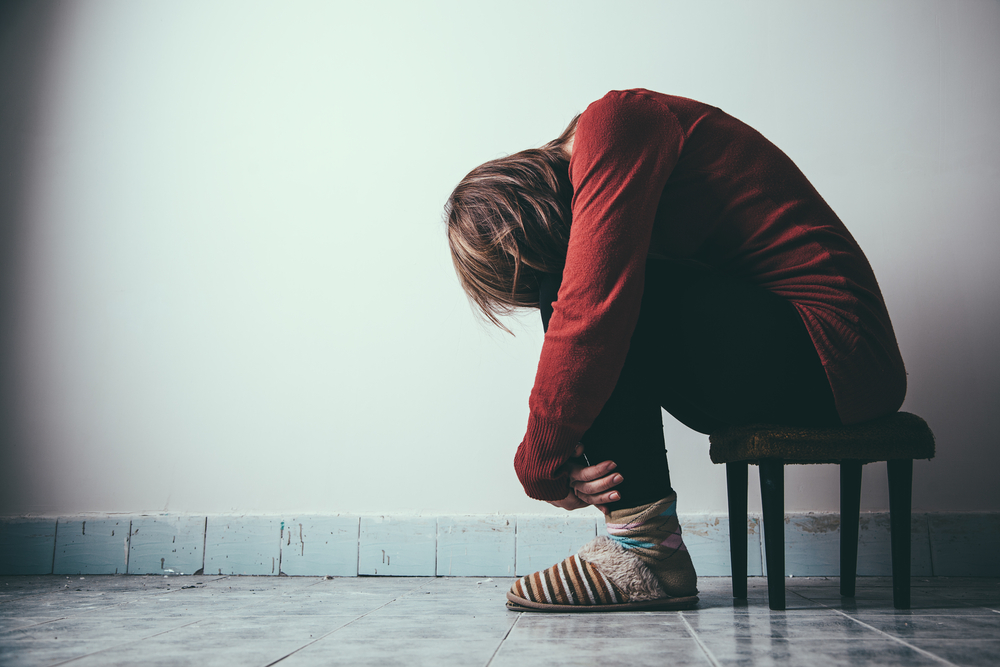If Physical Health Problems Were Treated Like Mental Health Problems
Posted by BuzzFeed Video on Sunday, May 24, 2015
This video is ridiculous, right? You would never tell someone with a broken bone that they should just deal with it or get over it—you would want them to get help from a licensed official. Or, if you knew that acupuncture worked for someone’s back problems, you would be supportive because they were no longer in pain. Why don’t we treat mental health the same way?
Every year, about 1 out of every 4 people will experience some type of mental health problem. The stigma doesn’t just make it hard socially for people with mental illnesses—society’s skewed perception of these health problems leads to insufficient insurance coverage and other discriminations, such as in the workplace or family. It has been estimated that two-thirds of people with an easily diagnosable mental illness don’t seek treatment; how can that be surprising with so much undeserved shame on the other side of that diagnosis?
This is important, because it’s been estimated that 1 in 10 people will experience mental health problems in their youth. With television shows using terrible language to describe mentally ill people and showing them as simply violent, it’s no wonder that young people aren’t actually prone to talking about these problems.
This stigma can even manifest in harmful tendencies not just to others, but to themselves; it’s been estimated that between 1 in 12 and 1 in 15 adolescents deliberately harm themselves. This isn’t even getting into the intense stigma and judgment around eating disorders, which can be radically different from other mental illnesses. Traversing societal expectations to be skinny can be compounded with expectations of excellence and control placed on young women especially; this is probably why during a survey of college women, 91% said they had dieted to control their weight.
We need to start watching our language, avoiding phrases like “retarded” or “psycho” or “anorexic.” We need to have open dialogues about mental health that allow people with problems to be comfortable asking for assistance, because there are too many people dealing with their illnesses untreated. This video was hilarious, true, because you would never do that to someone with a physical illness—but how many of us can say we have not said these things to someone suffering from depression or anxiety? Let’s change the conversation so we can change the stigma.
Cover image courtesy of Shutterstock.




comments